A spotting scope combines a telescope’s high magnification with a binocular’s user-friendliness. They are versatile tools for hunters and hikers. They offer greater magnification and portability than telescopes and binoculars. So what is the best spotting scope for hunting? We’ll give you our best three.
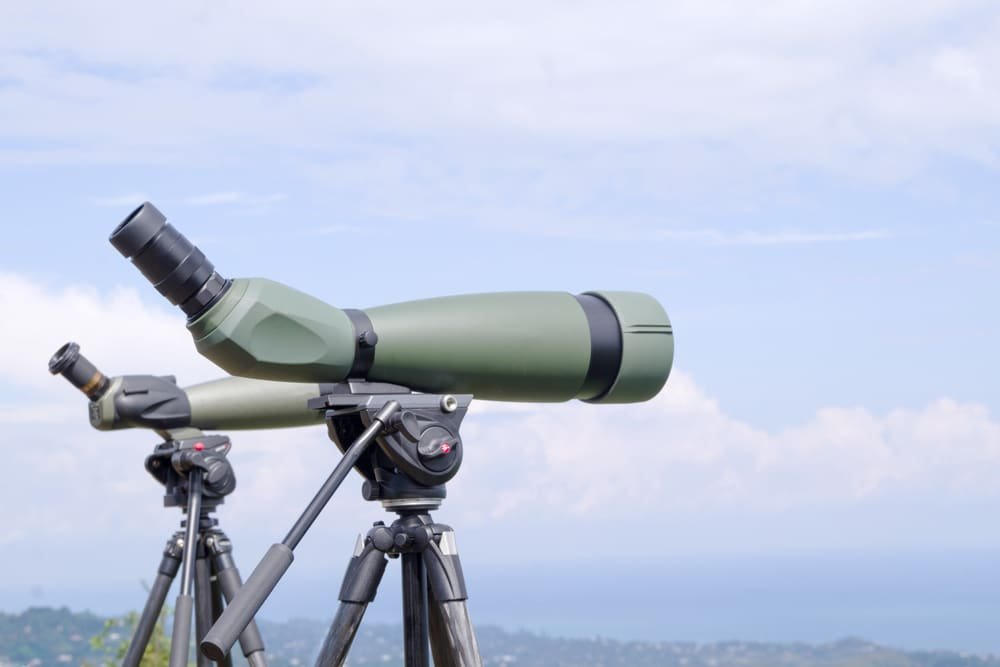
Spotting scopes are portable telescopes optimized for observing distant terrestrial objects. They consist of a front objective lens gathering light and a rear eyepiece magnifying the image. Perfect for outdoor activities, the best spotting scopes excel in detailed observation for hunting.
Importance of Quality
A top-notch spotting scope provides precise, clear views under various conditions. Superior lenses with special coatings ensure bright, sharp images, even in low light or bad weather. Durable construction also means a long-lasting, reliable tool for your outdoor adventures.
Best Spotting Scope Components
- Objective Lens: The key to capturing light and forming images. Larger lenses (60mm to 100mm) offer brighter images but consider the trade-off in weight and portability. Lens coatings are vital for reducing reflections and enhancing image quality.
- Eyepiece: Determines magnification and zoom. Remember, higher magnification can compromise image clarity. Eye relief is also crucial for comfortable viewing, especially for eyeglass wearers.
- Body Design: Choose between straight or angled bodies based on your activity. Straight scopes are great for quick targeting, while angled scopes offer comfortable, flexible viewing.
Key Selection Factors
- Magnification Range: Balance between detail and field of view. Lower magnifications offer wider views, while higher magnifications provide more detail but may be less bright and stable.
- Objective Lens Diameter: A larger diameter means brighter images but heavier scopes. A 60-80mm lens is often a good compromise.
- Field of View (FOV): Wider FOVs are great for scanning areas and narrower FOVs for detailed observation. Adjustable zoom eyepieces offer flexibility.
The Best Spotting Scope Options
- Swarovski STS-80 HD 80mm Spotting Scope Kit.
- Includes 20-60x zoom eyepiece.
- Ideal for hunters and outdoor enthusiasts.
- Straight-through viewing; 80mm obj lens.
- Made with Extra-Low Dispersion Fluoride HD Glass.
- Rubber armor for protection and slip-resistant grip.
- Retail: $2,900
- Apochromatic lens for enhanced contrast and sharpness.
- UHD glass for clear, chromatic aberration-free images.
- ESP dielectric coating for bright, color-accurate visuals.
- Magnesium chassis and BAK4 prisms.
- Waterproof and argon purged.
- Retail: $960
- Razor HD 13-39×56 Angled: Compact and lightweight spotting scope.
- HD optics with XR Plus coatings for sharp, color-accurate images.
- Easy-focus helical dial and removable, adjustable eyepiece.
- Arca-Swiss compatible for tripod mount.
- Waterproof, fog-proof, and Armortek-coated for lens protection.
- Durable rubber armor for improved grip and shock resistance.
- Retail: $990
Additional Factors to Consider
- Objective lens size: The larger the objective lens, the more light it will gather, resulting in brighter images in low-light conditions. However, larger lenses also tend to be heavier and more expensive.
- Magnification range: Choose a magnification range that suits your typical hunting needs. For most hunters, a range of 20x to 60x is sufficient.
- Eye relief: Eye relief is the distance from the eyepiece to the point where you can see the full field of view. It is important to choose a scope with enough eye relief to prevent eye strain, especially if you wear glasses.
- Durability: Your spotting scope needs to be able to withstand the elements. Choose a scope that is waterproof, fog-proof, and shockproof.
- Warranty: A good warranty will give you peace of mind knowing that your scope is covered if anything goes wrong.
Conclusion – Best Spotting Scope
The best spotting scope for bear hunting depends on your specific needs. Hunting scopes are tough and clear in any light, whereas astronomical scopes open up in the night sky. Choose wisely to transform your viewing experience into something truly breathtaking. These are worth the money!

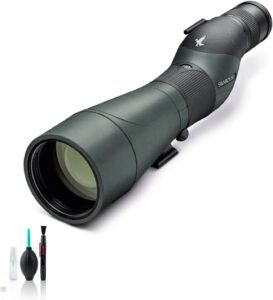
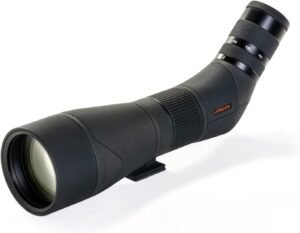
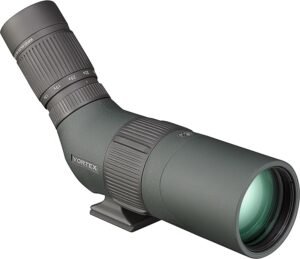
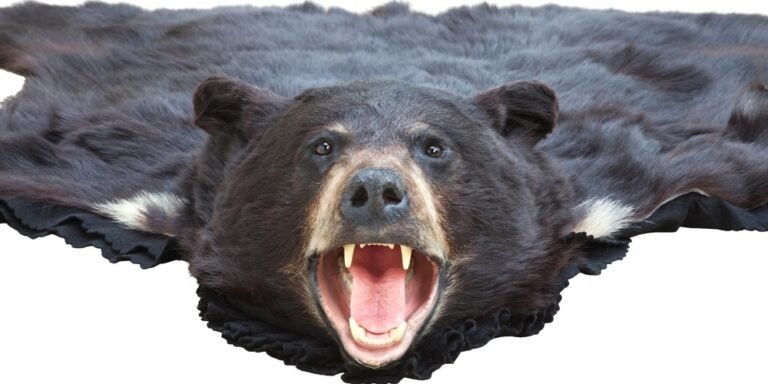

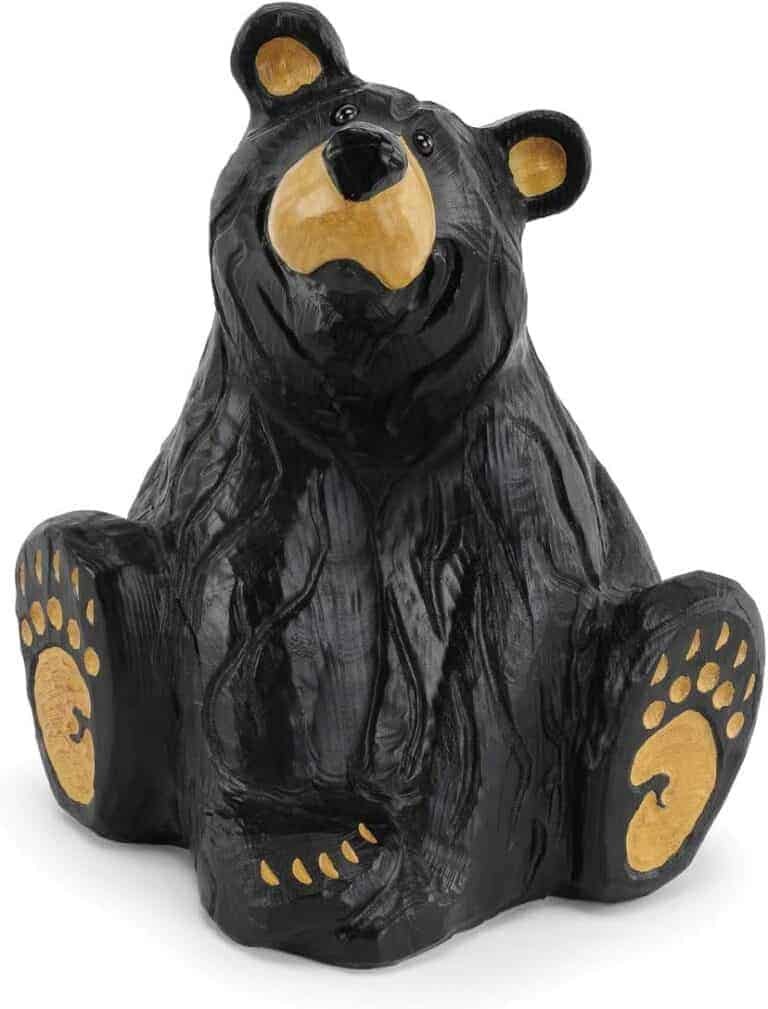
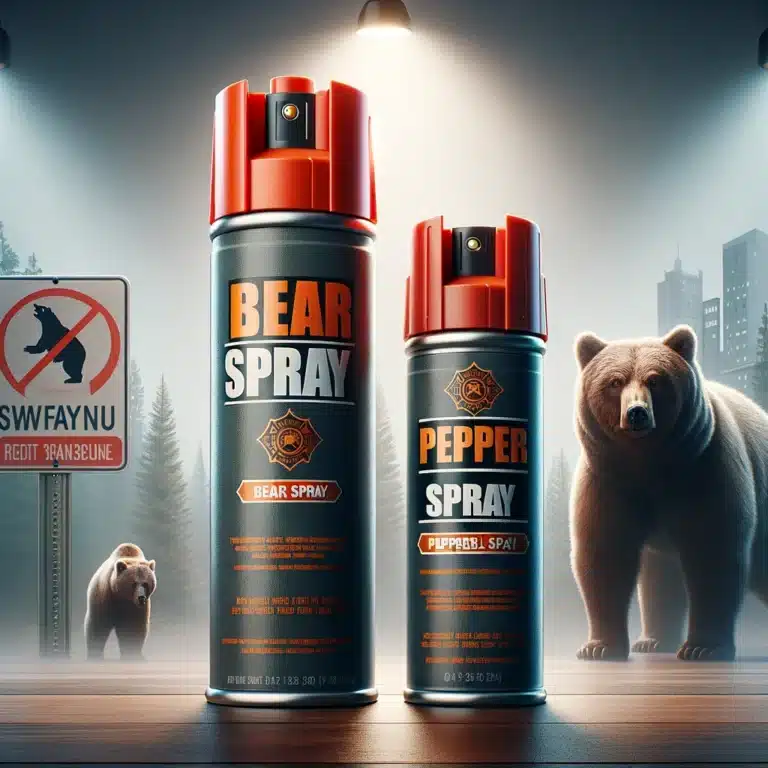
Very interesting points you have noted, thank you
for putting up.Blog monetyze
Thanks for sharing. I read many of your blog posts, cool, your blog is very good.